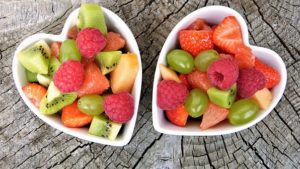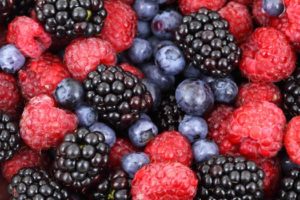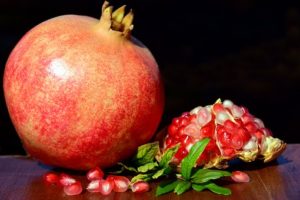Is this your breakfast?
Over the last month and a half, an overwhelming majority of my patients have proudly proclaimed that they eat only fruit for breakfast. Somehow, it’s only at breakfast, and it’s only fruit, unadulterated with any proteins or fats. :) And none of them were able to answer coherently, whose recommendations they were following. Obviously, they had high blood sugars, which is why they were seeking help.
Fruit seems to have an exalted position in our nutritional psyche. Possibly because of its cost; the subconscious correlation being that expensive equals good.
Let’s take a look at the science on this subject.
- This article in the magazine ‘Scientific American’ explains that the fruit today is very different from the fruit that was available fifty years ago. Soil depletion has led to the mineral content of the fruit being reduced markedly, so the fruit ends up as a sugar bomb. This can cause a spike in blood sugars. This means that the supposed nutritional benefit, for which we are consuming the fruit, is really not available any more.
- Fruits contain a form of sugar known as fructose. Only the liver, and no other cell in the body, is able to use fructose. When we eat fruit, the fructose is sent directly to the liver, bypassing the systemic circulation. In the liver, Dr Jason Fung explains that after converting into glycogen, the excess fructose is converted into fat, leading to fatty liver and Insulin resistance. Excess fructose can contribute to the development of metabolic syndrome and increase uric acid levels.
- Recently, the PURE study, consisting of over 135,000 individuals from 18 countries (Dehghan et al., 2017) found that carbohydrate intake was associated with increased total mortality. Excessive intake of carbohydrates leads to high blood sugar levels. The cells ‘refuse to accept’ more than they need, so that the circulating level of sugar in the blood rises. In oversimplified terms, this is what leads to the high blood sugar levels in diabetes,
So should anyone with diabetes stay off all fruit?
No, a recent study in the British Medical Journal found that greater consumption of specific whole fruits, particularly blueberries, grapes, and apples, is significantly associated with a lower risk of type 2 diabetes, whereas greater consumption of fruit juice is associated with a higher risk.
So how do we make sense of all this?
The advice is to consume fruit in moderation. A small piece of low glycemic fruit a day, taken along with a fatty food such as nuts or peanut butter (unsweetened!) to slow the absorption, is probably a good idea. Blood sugar levels may need to be monitored to ensure that this is being tolerated well.
Berries and pomegranates have many health benefits.
An apple a day keeps the doctor away? We may need to rethink this.



